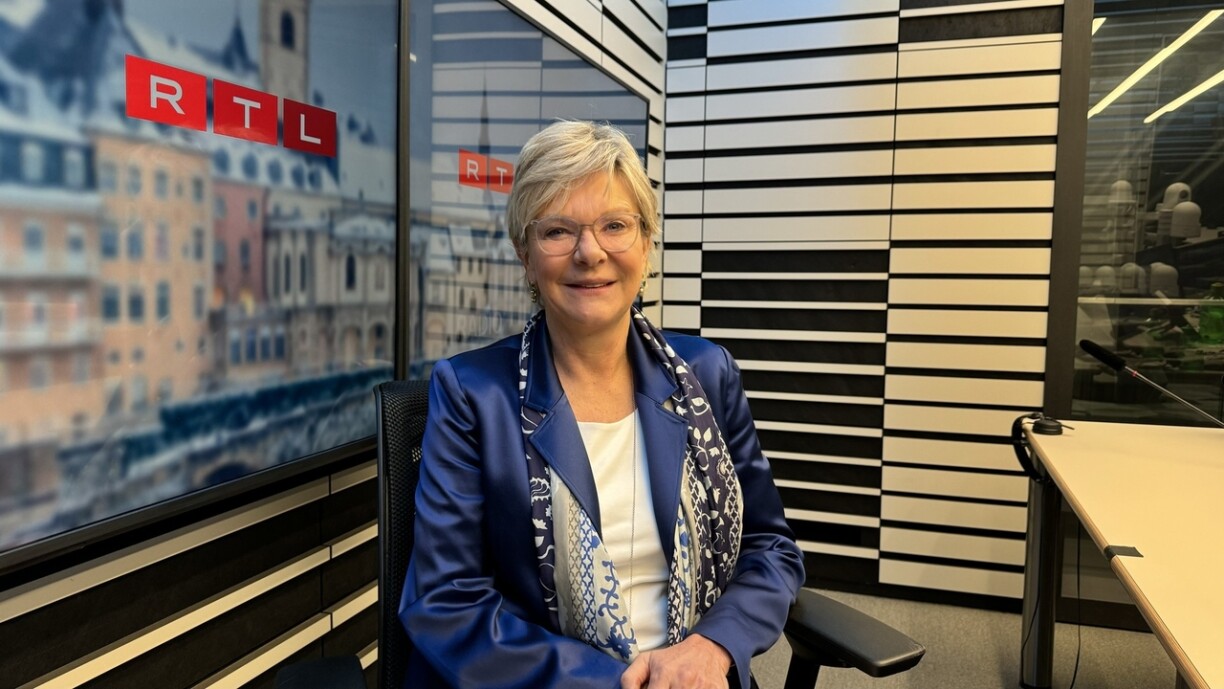
“The new regulations and constraints are a burden for farmers,” declared Martine Hansen in an interview with RTL on Friday. “In these countries their subsidies have been reduced, while [simultaneously] importing cheaper food from abroad where there are no constraints.” The agriculture minister says the dissatisfaction within the sector is understandable, but emphasised that there were no plans to scrap farming subsidies in the Grand Duchy.
The situation within the pig farming sector is somewhat more precarious than others, with financial deficits reported. “Most of the pork is imported,” explained Hansen, adding that there was a “structural issue” as six farms have ceased activities. The government is planning a meeting with sector representatives next week to determine how best to support breeders.
European farmers are currently facing numerous directives from Brussels, such as a recent requirement for all small egg producers to have their own packaging area within the farm. According to Hansen, this is an unnecessary measure which represents a heavy administrative burden, and serves only to “demotivate small farmers”. The minister also called EU ammonia emissions targets “not realistically applicable”. In Luxembourg, for example, cattle breeding is not intensive, with an average of one cow per hectare, yet ammonia emissions need to be reduced by 22% — a regulation which Hansen referred to as “unrealistic”.
“At the same time, there are many imported goods in the EU which do not have to comply with these standards,” she added. Hansen promised to join forces with her foreign counterparts in Brussels to defend Luxembourg’s interests, but she warned the Grand Duchy could lack the necessary influence.
“Farmers want to see their work valued,” concluded Hansen, based on her meetings with representatives from the sector. She explained that Luxembourg’s farmers wanted real dialogue, and promised they would receive it in the form of an agricultural round-table meeting, which Hansen hopes to hold every six months to discuss the real issues affecting the farming sector.
Hansen is aware that procedures need to be simplified, and acknowledged that the current system between the Ministries of Energy, Environment and Agriculture is “tedious”. She aims to create a “kind of one-stop shop” in the future, but said it would not happen overnight.
As for water supply, efforts are still required, she said. Following discussions in 2021, three pilot projects were selected, but are yet to come to fruition. Hansen indicated plans to finally move forward and said she had received support on the issue from environment minister Serge Wilmes on Thursday.